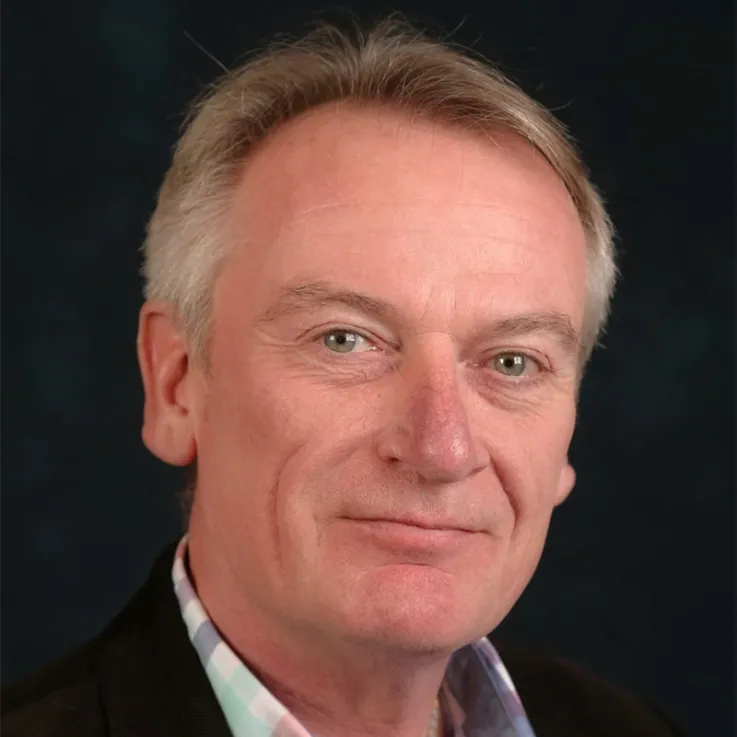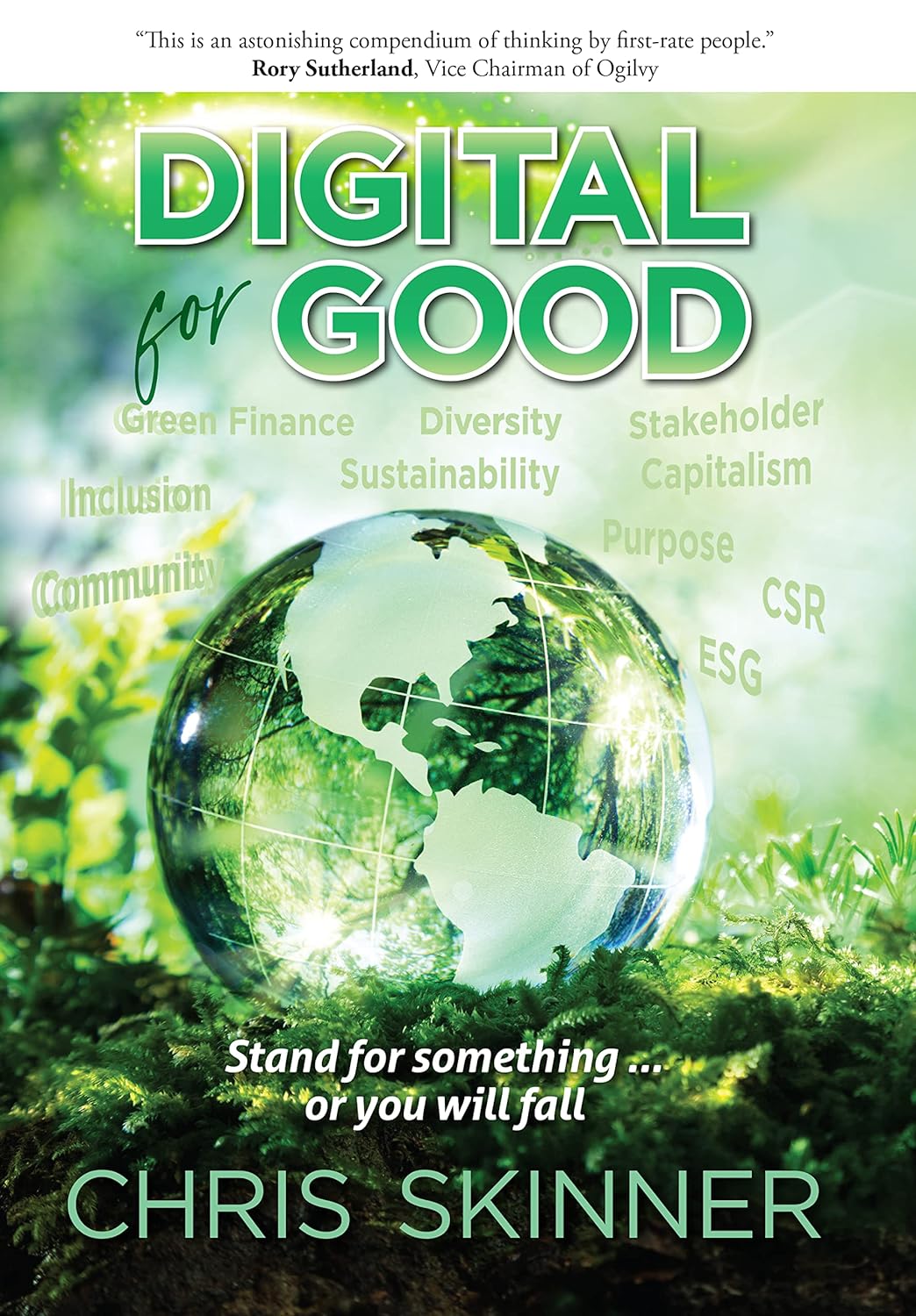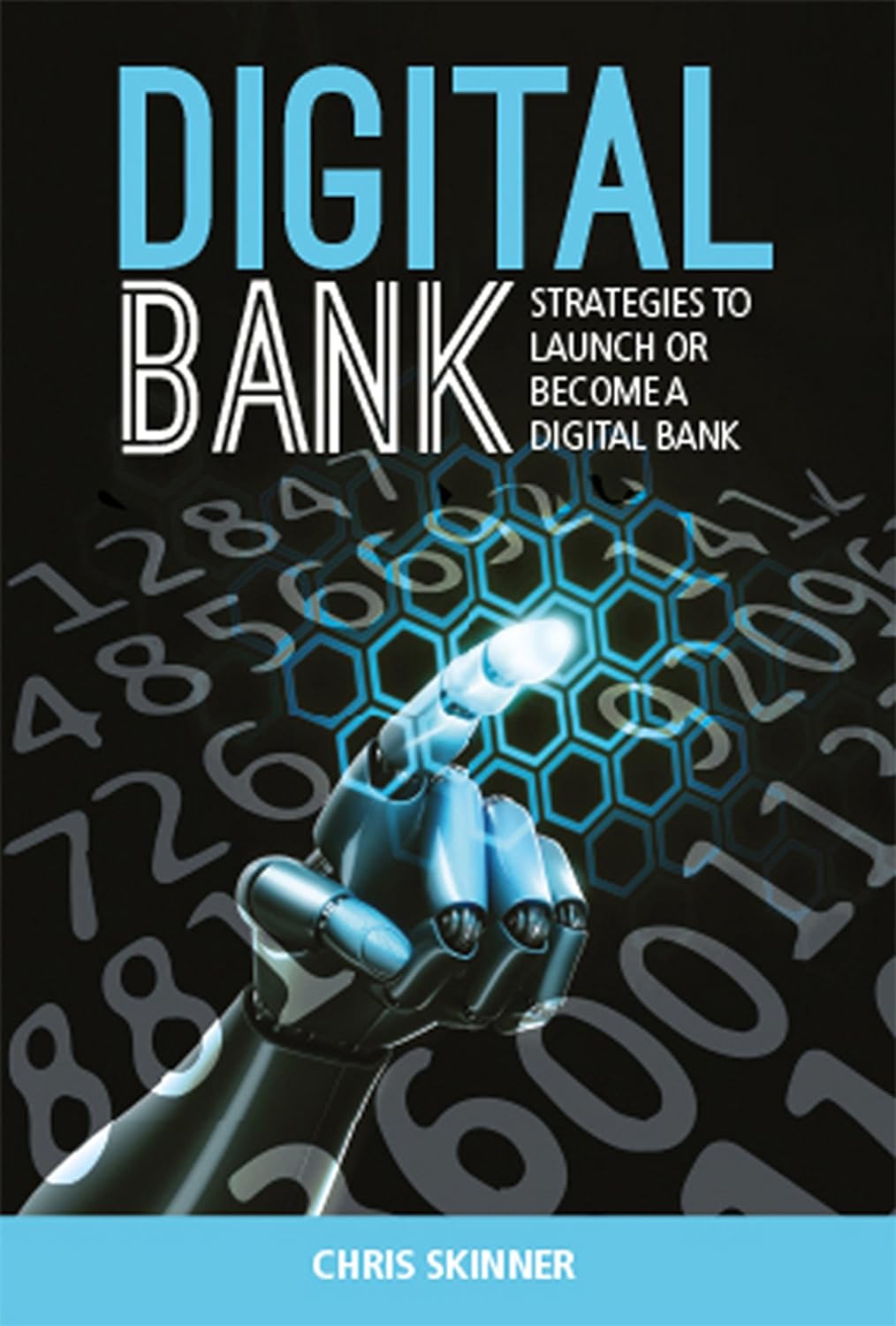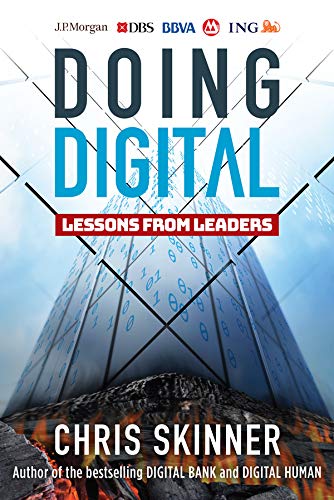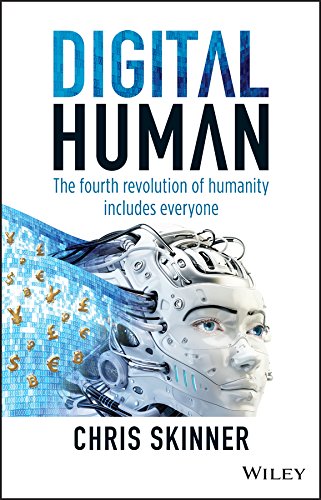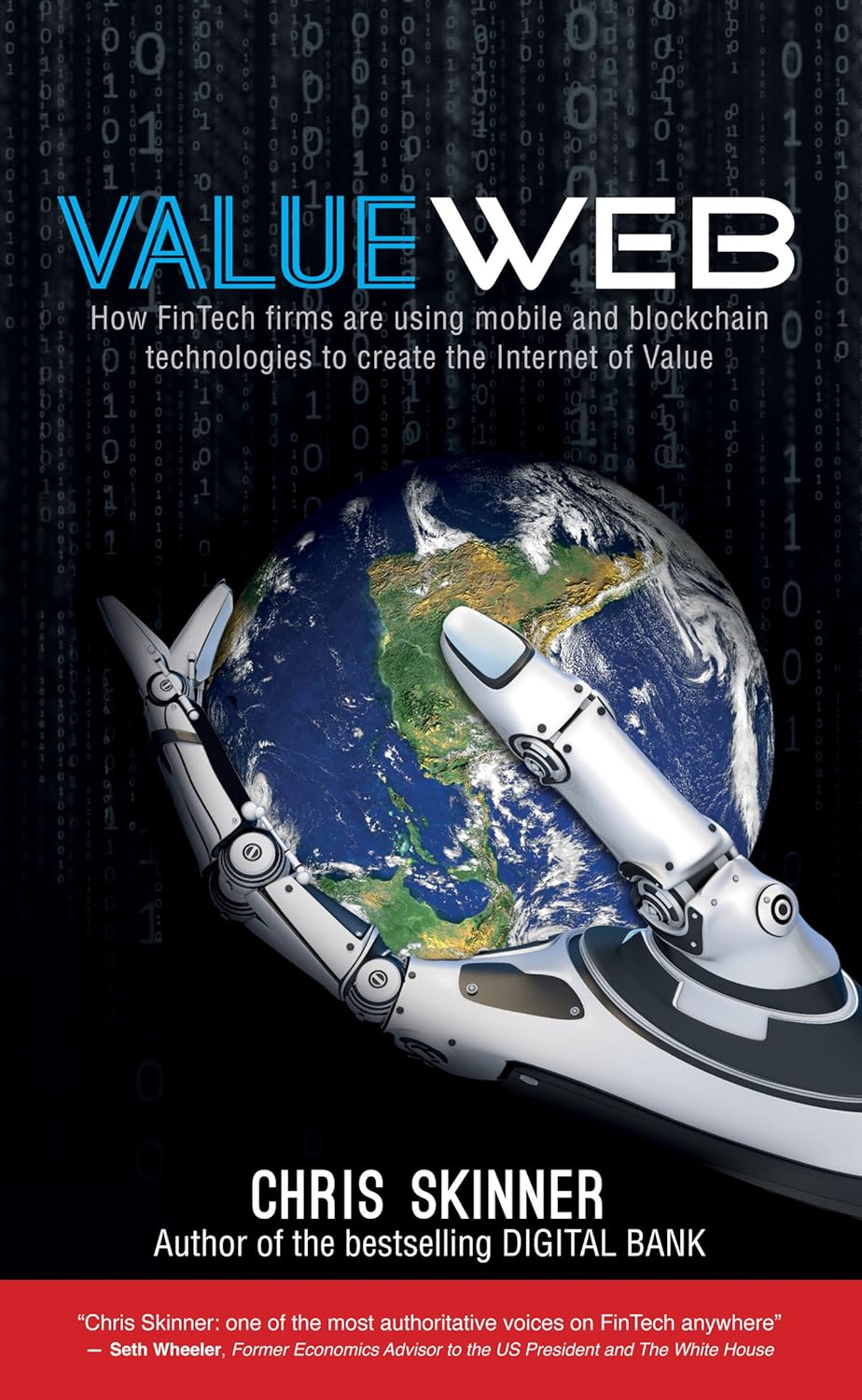The world-renowned strategist and best-selling author who specializes in the future of business, technology, and finance to deliver powerful keynotes with lightning-rod insights.
Chris Skinner is a world-renowned strategist who specializes in the future of business, technology, and finance. Author of more than twenty best-selling titles from Digital Bank to Digital Human, he is famed for delivering powerful keynote speeches and moderating and chairing with lightning-rod insights. His experiences range from everything to do with banking, fintech, technology, and the future, with a specific focus on how cloud computing, mobile and networking, artificial intelligence and machine learning, central bank digital currencies and cryptocurrencies, and related changes are shaping the future of our world.
Chris is not a showman. He’s a knowman. Steeped in the industries of business, technology, and finance, he has the future of these industries in his DNA. Why? Well, years ago, someone told Chris to tell them something that they don’t know. This went to Chris’s heart as the only thing we don’t know is the future. Having said that, he’s not a futurist. He calls himself a commercial strategist and defines this as someone who looks to the future to see how to create a strategy for tomorrow to make more money.
But it’s not all about money. As a mature father, Chris also wants to create a secure future and one that is good for his kids. This is why his challenge to you today is: how can we use technology and finance to make money and make the world a better place? Chris has the answers, which is why businesses around the world rely on his insights.
